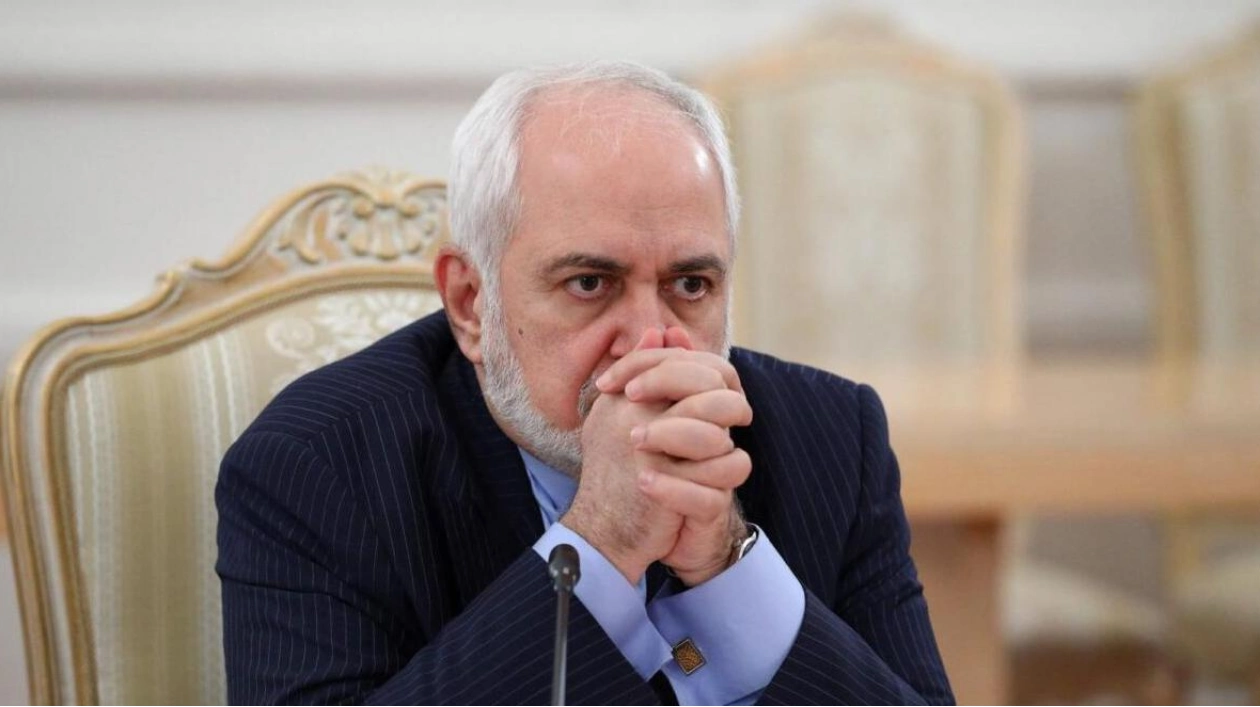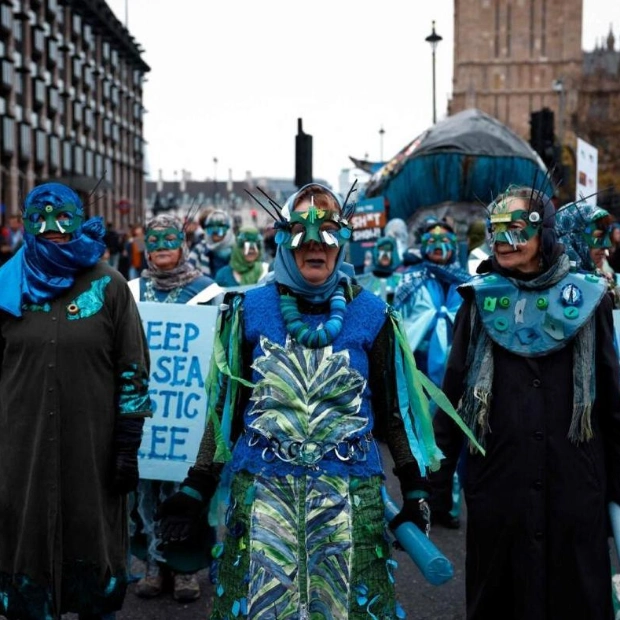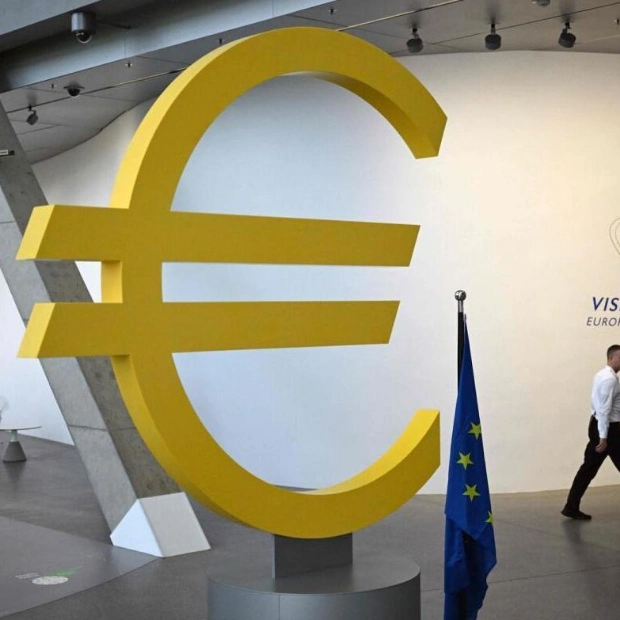Iran's ex-foreign minister Mohammad Javad Zarif, who was instrumental in brokering the 2015 nuclear agreement with global powers, declared his resignation from the role of vice-president on Monday. Zarif, who was appointed by the recently elected reformist President Masoud Pezeshkian, explained his decision on social media, stating, "To prevent any doubts or reasons for interfering with government operations... I stepped down from my role as vice-president for strategic affairs last week." He cited his dissatisfaction with the new 19-member cabinet's composition as a key reason for his resignation, expressing regret over not being able to fulfill his promise to include women, youth, and ethnic groups.
President Pezeshkian's proposed cabinet, which included only one woman, faced criticism from Iran's reformist faction, particularly for including conservatives associated with the previous administration of late President Ebrahim Raisi. Zarif also mentioned the pressure he faced due to his children holding US citizenship, which is against a 2022 Iranian law that bars individuals with dual citizenship from holding sensitive positions.
Zarif emphasized that his resignation was not a reflection of dissatisfaction with President Pezeshkian or a rejection of realism, but rather a question of his effectiveness in the role of vice-president for strategic affairs. He announced his intention to return to academia and reduce his involvement in domestic Iranian politics. Previously, Zarif served as Iran's foreign minister from 2013 to 2021 under President Hassan Rouhani and gained international recognition for his role in negotiating the Joint Comprehensive Plan of Action, which was later undermined by former US President Donald Trump's withdrawal and re-imposition of sanctions.






